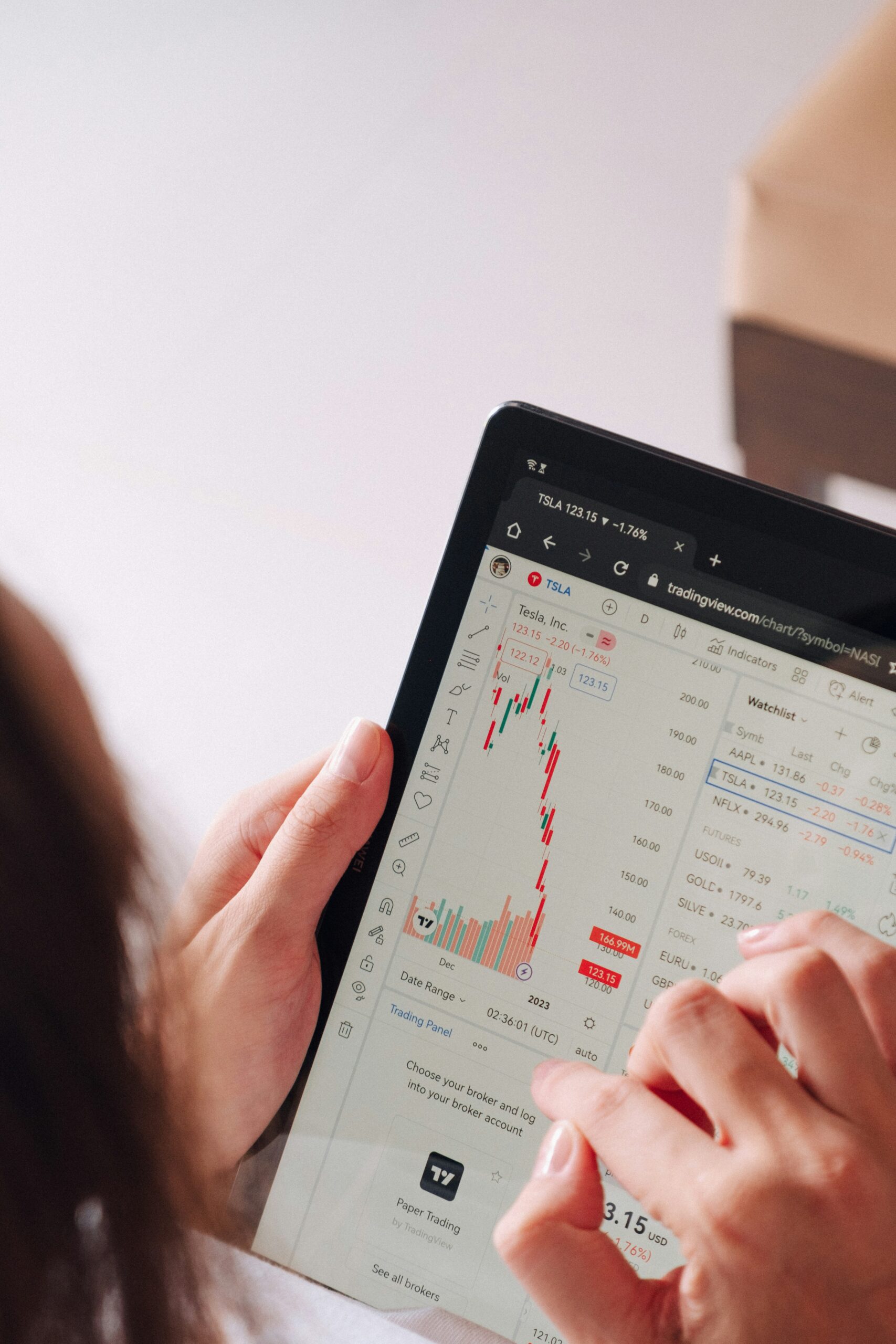The cat-and-mouse game of picking individual stocks and trying to out-smart the market for your own financial gain is a strategy some investors enjoy.
It can be fun however, it is not very profitable.
Many individuals like to seize the moment, be proactive, and predict what stocks to buy and which ones to sell. To some it is more than just investing; it’s a challenge, a game, it’s what they do.
Winning provides a thrill and a reassurance in your predictive ability. Winning transactions provide great stories between golfing buddies or other active trading enthusiasts.
What many who actively trade their investment account with their own buy and sell decisions do not realize, is there are others who scratch their heads and wonder why. Behavioural finance experts have a field day dissecting human behavior.
Why would anyone try to do something that has not been done successfully? Especially if it is trading that costs these types of investors billions of dollars annually. The question of the day: Can someone hope to beat the market?
The World Federation of Exchanges provided some information on world stock markets in 2015.
The number of global equity transactions that occurred every trading day was 98 million. In dollars, they were worth $447 billion U.S.
All buyers and sellers of securities attempt to get the best deal possible. Sellers want the highest price and buyers want the lowest price.
Another word for this process is capitalism. All market participants are attempting to benefit.
Capital markets are very liquid and money ebbs and flows around the world. An investor might think they have an inside advantage because of their prediction, but there can be thousands of influences on the value of a stock that the investor is not aware of.
In simple terms, for those who actively buy and sell stock, we wish you well. Good luck. Your strategy has not proved successful for others who have attempted it.
Take away the competitive instinct that encourages many to play this game, and active trading is nothing more than going to a casino with the odds stacked heavily against you.
The advantage we have when it comes to understanding if active investing of buying and selling individual securities is successful, is that investment returns for professional managers are tracked. We do not know how each individual investor performs, however we do know how each professional manager performs.
I would like to ask each reader a question. I want you to guess at a figure.
We have 15 years of investment performance information from the U.S. market ending in 2015. Fifteen years earlier there were close to 3,000 equity mutual funds offered in the United States.
My question is how many of those managers outperformed the markets they invested? These are not do-it-yourself investors. They are professional managers who invest on behalf of their mutual fund investor clients.
Go ahead and guess what percent of those managers beat the market. This is your last chance to guess because the answer is in the next paragraph.
Only 17 per cent of professional managers beat the underlying market that they invest.
The majority of security trades are done between professional managers and they have a competitive advantage over the individual investor. If the professionals have dismal performance records, then we cannot assume an individual investor would have better performance results.
I discourage you from actively trading your account, and encourage you to invest in a diversified collection of stocks.




